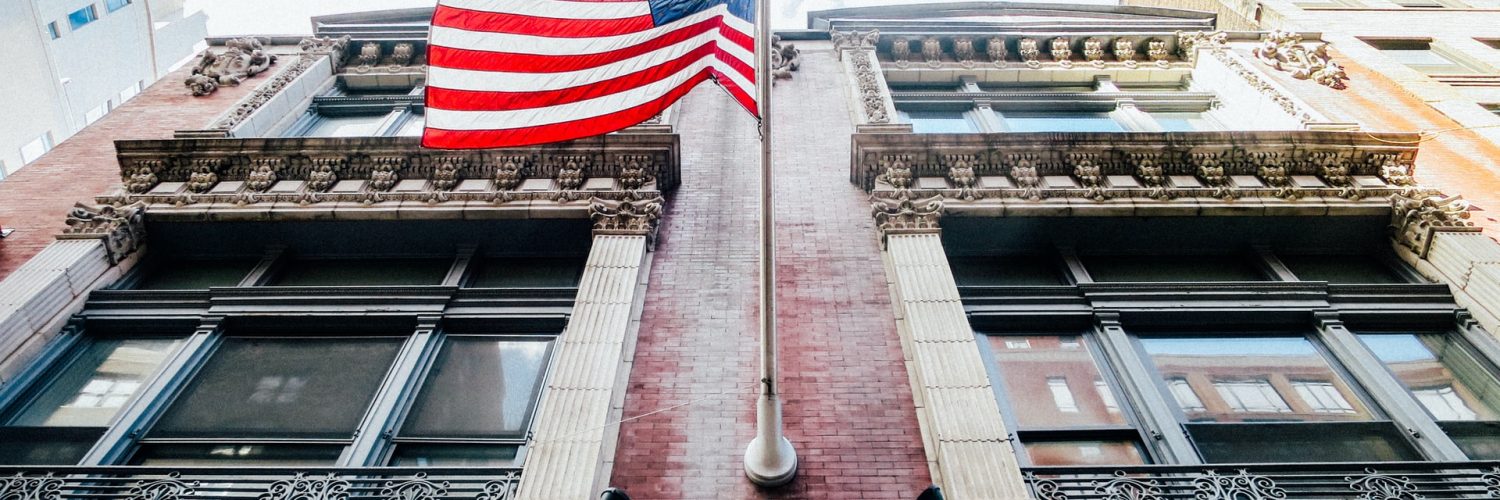In June, US President Donald Trump signed a Presidential Proclamation temporarily banning entries of nonimmigrant H, L and J visa holders.
Thousands of people who are dependent on these visas are closely monitoring this case in the US. In a turn of events, a federal judge issued a preliminary injunction against the Trump administration’s June 2020 proclamation. The US District Judge ruled the president does not possess the power to case aside immigration laws passed by Congress and the ruled injunction shall take effect immediately.
In July, multiple trade organisations including the National Association of Manufacturers, the National Retail Federation filed this lawsuit where it got support from over 50 Silicon Valley tech companies like Amazon, Facebook and Microsoft. The order is likely to benefit thousands of Indian nationals seeking US work permits.
In June, A proclamation for a temporary visa ban until December was imposed by the Trump administration because of growing unemployment as a result of the economic crisis due to the Covid-19 pandemic. While the government cited high unemployment figures for the initial months of the pandemic breakout, the Judge observed that “The statistics regarding pandemic-related unemployment actually indicate that unemployment is concentrated in service occupations and that large number of job vacancies remain in the area most affected by the ban, computer operations which require high-skilled workers.”
While the ruling will only apply to companies that are members of the different trade associations which have filed the lawsuit. But Rajiv S Khanna, the managing attorney at immigration.com said that “it does open the doors for others to file lawsuits on the same basis in that court.”
There are about 580,000 foreign workers with H-1B visas in specialized jobs in the US, according to the suit. Nearly two-thirds of such visas have gone to Indian nationals in the last five years.
Almost 160,000 L visas were issued in 2019 for executives, managers and employees with special experience and their dependents, and about 300,000 exchange visitors enter the US annually on J visas, the Chamber of Commerce said.
In their favour, Judge White of the US District Court wrote: “This court rejects the position that the proclamation implicates the president’s foreign affairs powers simply because it affects immigration.”
“There must be some measure of constraint on presidential authority in the domestic sphere in order not to render the executive an entirely monarchical power in the immigration context,” White added in his 25 pager order.


















Add comment